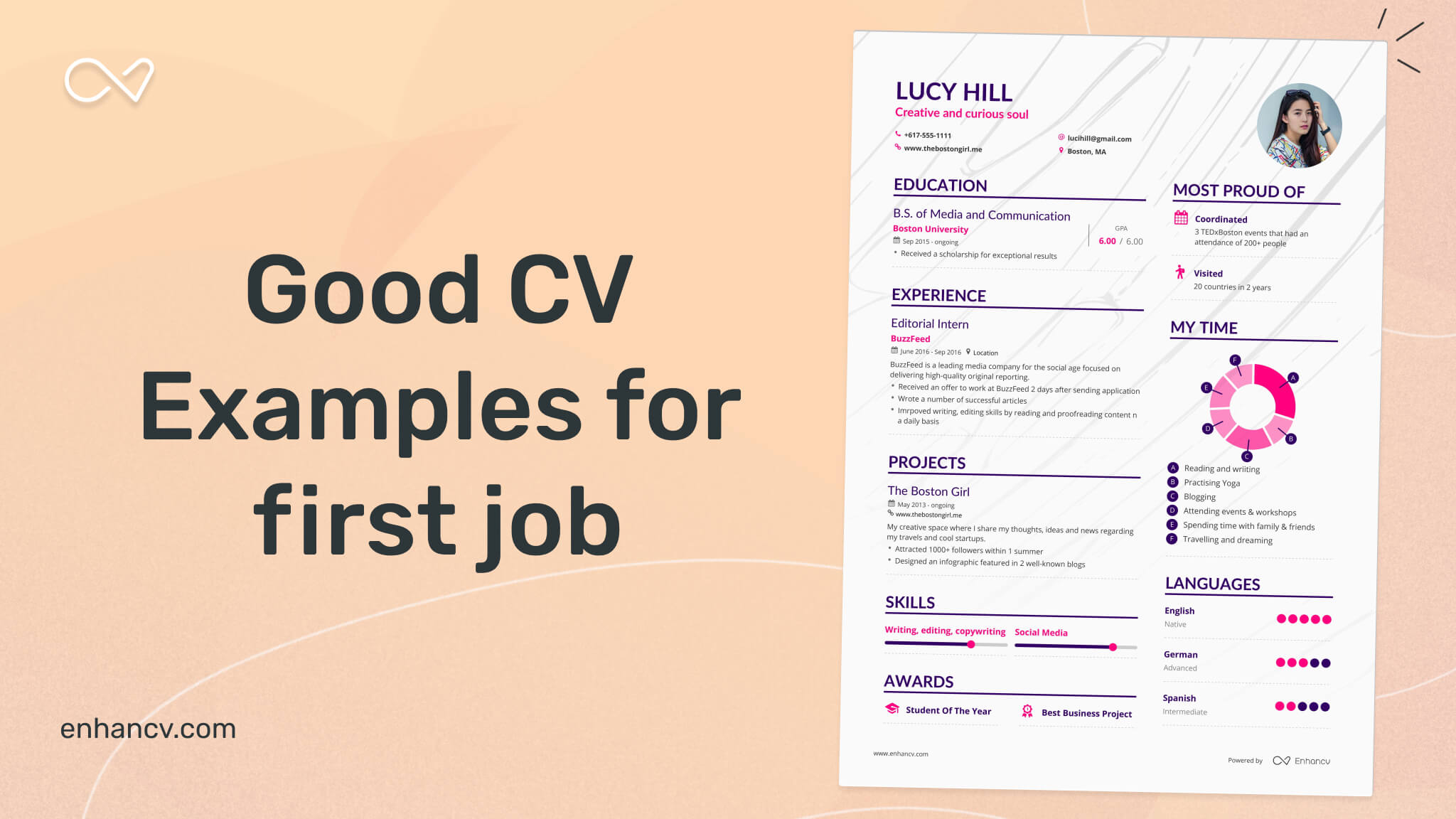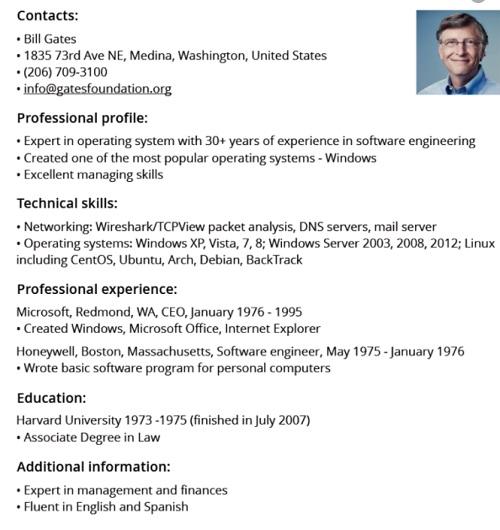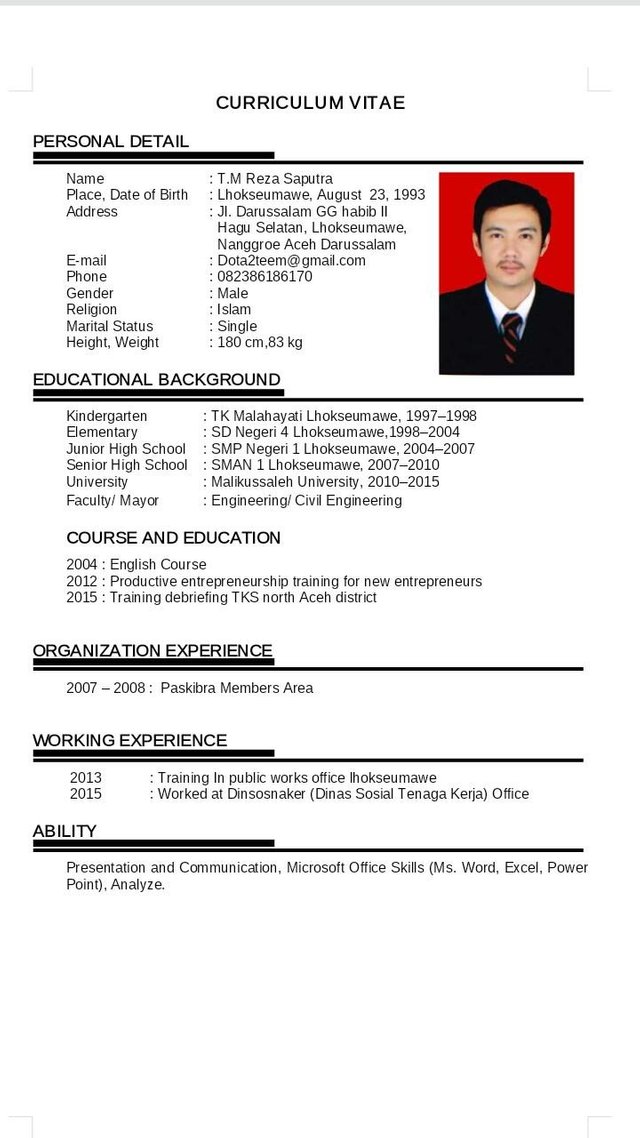A curriculum vitae, or CV, is a document that outlines your education, skills, and work experience. It is typically used when applying for academic, research, or professional positions, and is often required as part of the application process. In this essay, we will discuss how to create a successful CV that will help you stand out to potential employers.
First and foremost, it is important to tailor your CV to the specific position you are applying for. This means highlighting the skills and experiences that are most relevant to the job. Consider what the employer is looking for in a candidate, and make sure to emphasize your strengths in these areas.
To start, you should include your contact information at the top of the document, including your name, address, phone number, and email. You can also include a professional headshot if you choose.
Next, you should include a summary or objective statement that briefly outlines your career goals and highlights your most relevant skills and experiences. This should be a short paragraph, no more than a few sentences long.
After the summary, you should list your education and qualifications. This should include the name and location of the institutions you attended, as well as the degree programs you completed and any relevant coursework or certifications.
Next, you should list your work experience, starting with your most recent job. For each position, include the name of the company, your job title, and the dates you worked there. You should also provide a brief overview of your responsibilities and achievements in each role.
In addition to your work experience, you may also want to include any relevant internships, volunteer work, or extracurricular activities. This can help to showcase your skills and interests outside of the traditional work environment.
Finally, you should include any relevant skills or qualifications you have that are not already covered in your work experience or education sections. This could include language proficiency, computer skills, or other relevant technical skills.
It is also important to remember to proofread your CV carefully before submitting it. Typos and errors can be a major red flag to potential employers, so it is essential to make sure your document is free of errors.
Overall, a well-written CV is an essential tool in your job search. By highlighting your skills, experiences, and qualifications, you can help to set yourself apart from other candidates and increase your chances of landing the job you want.







-Step-2-Version-4.jpg/v4-460px-Write-a-CV-(Curriculum-Vitae)-Step-2-Version-4.jpg)